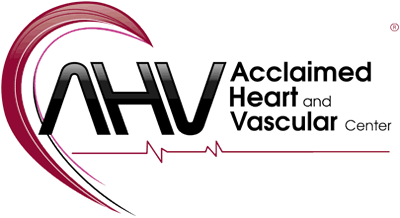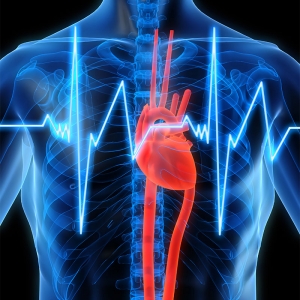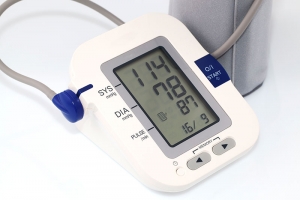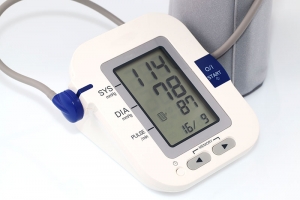The Heart-Kidney Link: How your Heart and Kidneys are related
Cardiovascular disease is common in people with kidney disease (renal disease). In addition, underlying conditions that cause renal disease, such as high blood pressure and diabetes, put people at risk for cardiovascular disease.
Prehypertension – what it is and what to do about it
Prehypertension is a warning sign that you may get high blood pressure in the future. High blood pressure increases your risk of heart attack, stroke, coronary heart disease, heart failure, and kidney failure. There's no cure for high blood pressure, but there is treatment with diet, lifestyle habits, and medications.
Hypertension: What it is and what causes it
High blood pressure, or hypertension, occurs when your blood pressure increases to unhealthy levels. Your blood pressure measurement considers how quickly blood is passing through your veins and the amount of resistance the blood meets while it’s pumping.
Blood pressure is the force exerted by the blood against the walls of blood vessels, and the magnitude of this force depends on the cardiac output and the resistance of the blood vessels. Hypertension is classified as having blood pressure higher than 140 over 90 mmHg (millimeters of mercury). A diagnosis of hypertension may be made when one or both readings are high. This means the systolic reading (the pressure as the heart pumps blood around the body) is over 140 mmHg (millimeters of mercury) and/or the diastolic reading (as the heart relaxes and refills with blood) is over 90 mmHg.



